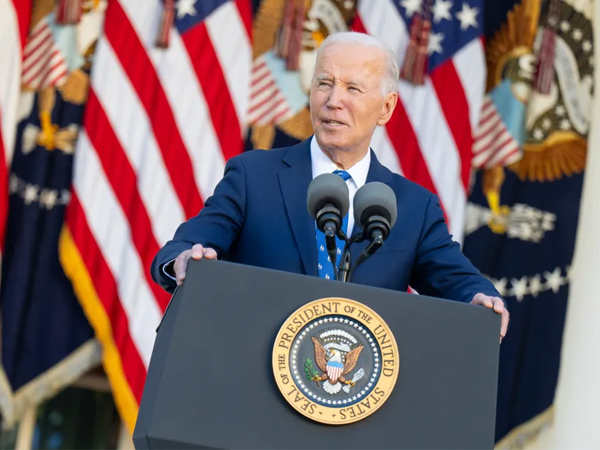Biden's Pardon Sparks Controversy Amid Political Battles
The White House defended President Biden's pardon of his son Hunter, citing protection from political persecution. This move received bipartisan criticism, questioning its impact on public trust. Concurrently, U.S. legislative and judicial developments unfolded, including debates over government spending, abortion laws in Idaho, and contentious political dynamics post-election.

President Joe Biden's decision to pardon his son, Hunter Biden, has ignited a storm of criticism across party lines. The White House explained the move was partly to shield him from potential political persecution by adversaries. Critics, including some Democrats, argue the pardon jeopardizes the public's faith in the judiciary.
In Idaho, a federal appeals court has partially reinstated a contentious 'abortion trafficking' law. The law targets those who assist minors in obtaining out-of-state abortions without parental consent, though the court blocked the section regarding recruiting minors for abortions.
The Democratic-led Senate and the Republican-controlled House are facing off over budget decisions as a government shutdown looms. These developments coincide with Democrats grappling with election losses and global political shifts, further complicating the political landscape before President-elect Donald Trump takes office.
(With inputs from agencies.)










